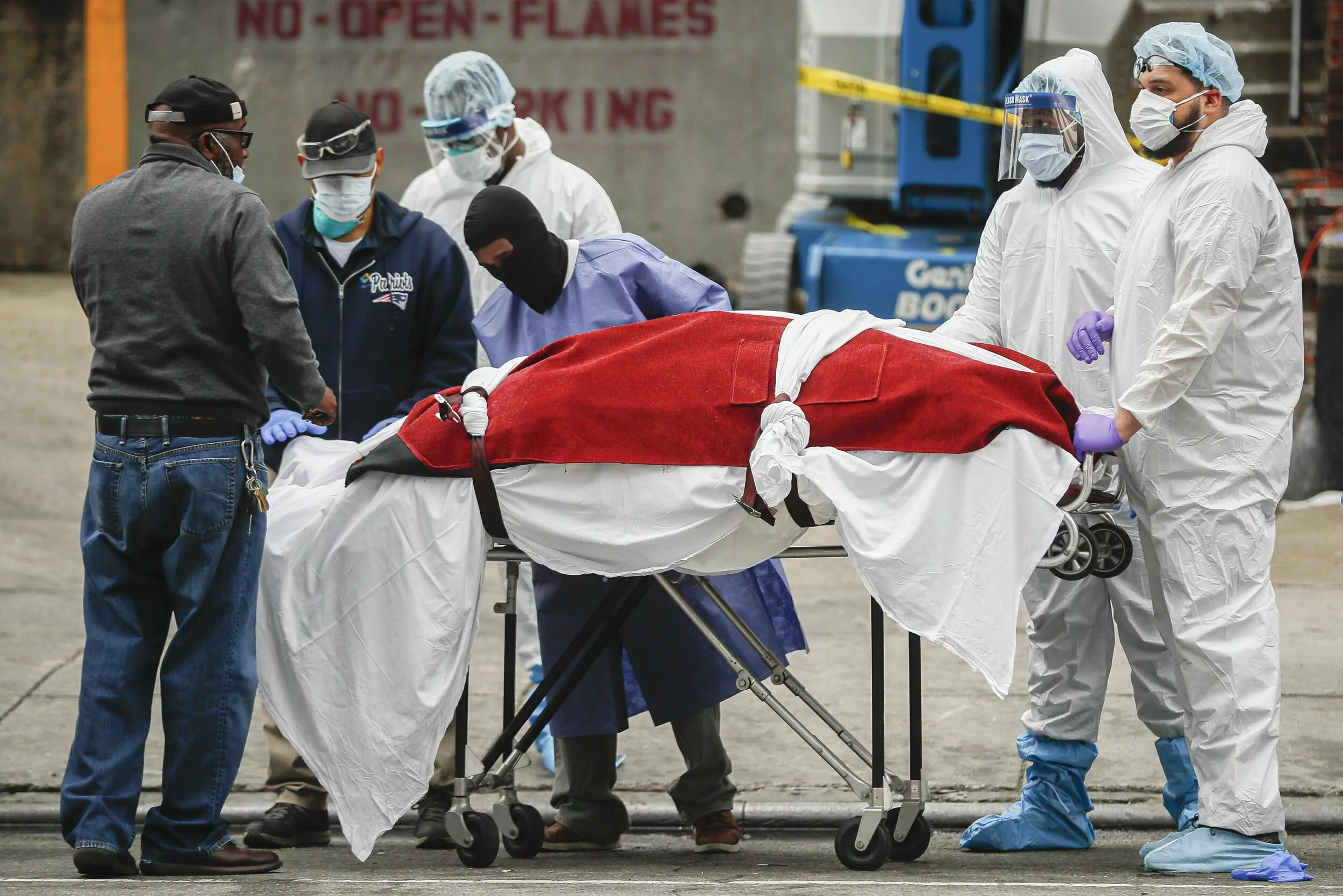Vice News, 2022, 5:37… Predominantly white, Christian, and right-wing, dead anti-vaxxers are providing a source of morbid comedy for a growing audience that is just too burned out to care anymore. Dexter Thomas explores the phenomenon of America’s newest schadenfreude obsession.
Cults and Online Conspiracy Groups
WIRED, 2021, 9:39… Dr. Janja Lalich, a sociologist who was formerly a part of a left-wing cult, talks about the cult-like nature of many online conspiracy theory groups. Dr. Lalich explains how people get caught up in groups like this, and what can be done to help those who have fallen further and further down the rabbit hole.
Learning Pods & Educational Inequality
Race, Pollution & COVID-19
Vox, 2020, 9:02… Across the US, black people are dying from Covid-19 at disproportionately high rates. While there are many different factors at play behind the stark racial disparities — there’s one possible reason that’s been lurking in the air for decades: pollution. The long history of segregation and housing discrimination has long put black people at greater risk of living near chemical plants, factories and highways, exposing them to higher levels of air pollutants. These pollutants have had a chronically negative impact on health, leading to conditions like hypertension and asthma. Now, those same diseases are associated with severe cases of Covid-19, and showing that where you live can determine whether you survive from Covid-19.
Heroic Workers, Brave Consumers
Credibility Bookcases
The New York Times, 2020, 4:20… Introducing the credibility bookcase, a background that lends authority to your video interview. From a dramaturgical perspective, it can be seen as a form of sign equipment we display to others to enhance our front stage self. In other words, books and bookcases are intellectual accessories. But it’s not just books, though—Joe Biden’s carefully placed football delivers an all-American vibe, and the material of the bookcases can indicate socioeconomic status as seen with the fancy woods endemic in celebrity homes.
Undercounting COVID-19 Deaths
Deconstructing Pandemic Charts
Vox, 2020, 4:57… It's important to know how the process of data visualization can shape our perception of the coronavirus crisis. In this video, we deconstruct one particularly popular chart of covid-19 cases around the world which uses a logarithmic scale, and explain how to avoid being misled by it.
Paid Sick Leave
Vox, 2020, 6:33… In most developed countries, workers have the right to a certain number of paid sick days. It’s a policy that isn’t rooted in just generosity — during pandemics like the novel coronavirus, it can literally save lives. When workers have to choose between earning a living and staying home sick, it incentivizes them to come to work when they're ill, and potentially infect their colleagues and anyone else they come into contact with. That’s why public health officials are concerned that millions of American workers don’t have access to paid sick days. And a disproportionate share of those workers are concentrated in occupations like food service and hospitality, where there’s potential to infect the hundreds of customers many of them interact with every day.









